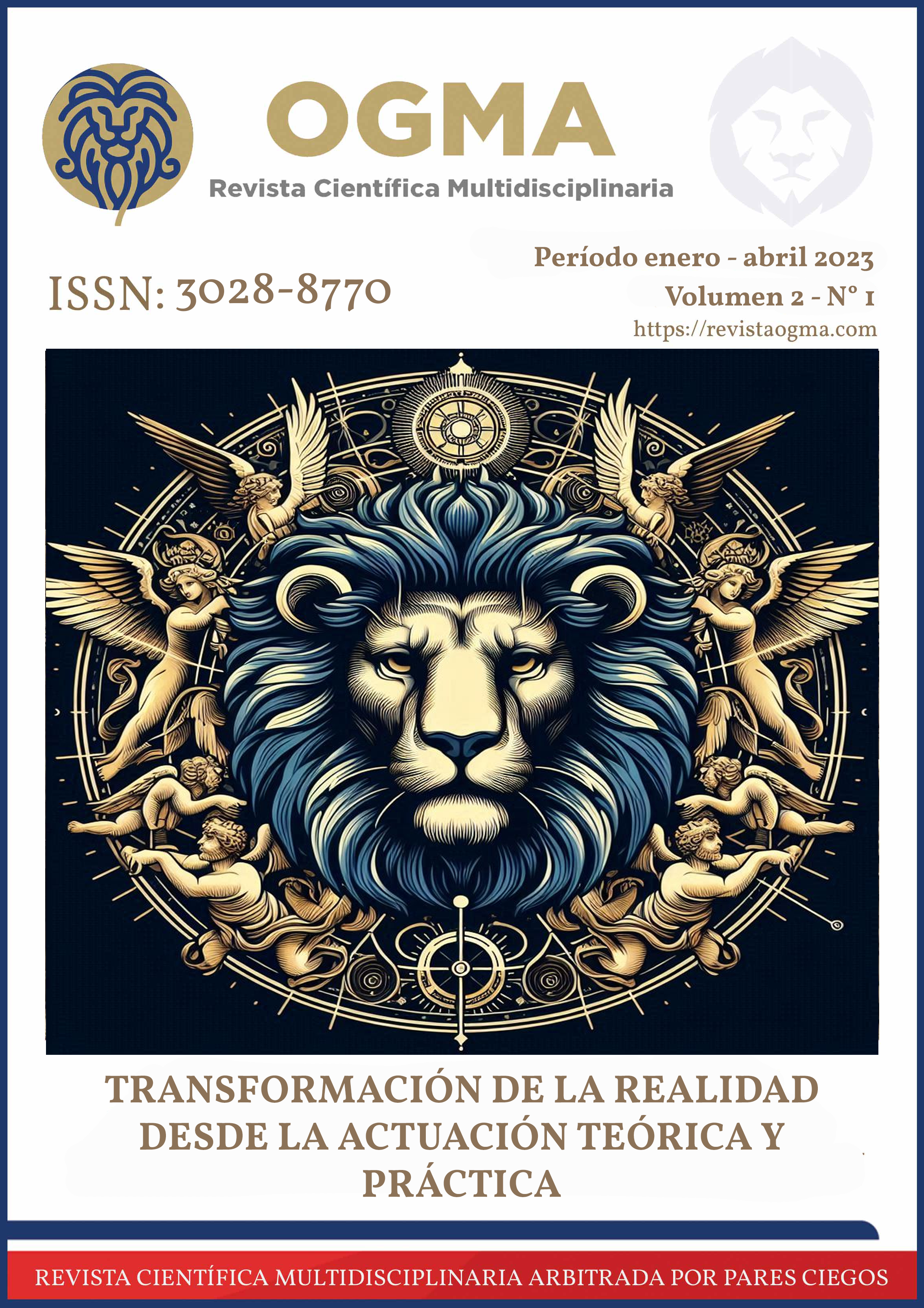Relevance of Technical and Technological Education in Ecuador
Keywords:
Technical and Technological Education, Importance, Relevance, Educational quality, Educational reformAbstract
echnical and technological education has been commonly considered in Ecuador as a short training process, lacking in quality, rigor or an alternative for people with a low socio-economic level, while in countries like Germany or Switzerland, it has a higher social prestige and valuation, it is even known that a technician can have a higher salary than a manager. In short, technical and technological training is socially undervalued, however, in a contradictory manner, since 2009 and formally in 2013, efforts have been joined for the construction of a social, solidary and sustainable economic system called "change of the productive matrix", having as purpose the evolution of productivity, going from the scheme of raw material exporter to be the manufacturers of the final product. In response to this transformation, technical and technological education is given prominence, in such a way that in 2011 the process of separation of higher technical education institutions from secondary education began, in 2013 a reconversion project was carried out to strengthen the training of technologists and in 2018 technical and technological institutions were recognized as third level education institutions, but what has been done to ensure their relevance? The purpose of this essay is to present in a general way the measures taken to guarantee the relevance of technical and technological education since 2012 as a measure of the Council for Evaluation, Accreditation and Quality Assurance of Higher Education (CEAACES) to ensure educational quality.
References
Sanmartín, J. (2015). La pertinencia en la educación superior: elementos para su debate. Eídos, 1(8), 48-56. https://bit.ly/3TmCdtS
Meléndez, Á. (2020). Hacia la revalorización de la educación técnica. Ser tecnólogo, bien pagado y reconocido. Revista gestión, (255), 38-46. https://bit.ly/3R9Wd19
Consejo de Educación Superior (CES). (2019). Reglamento de régimen académico. https://bit.ly/3CI62PE
Ley Orgánica de Educación Superior (LOES) (2018). Registro Oficial N° 298. Quito. https://bit.ly/3Cy7Uui
UNESCO (1995). Policy paper for Change and Development in Higher Education. UNESCO Leyes, Reglamentos y otros: Registro Oficial. 2010.
Banco Mundial. (1994). Higher Education. The Lesson of Experience. World Bank.
Puente, D. (2016). El proceso para acabar con las universidades 'de garaje' empezó. https://bit.ly/3pOdCki
Piedra, A., Ochoa, V. y Aguirre, M. (2020). La educación técnica y tecnológica: una mirada actual sobre una formación relegada. Revista Dilemas Contemporáneos. Educación Política y Valores, (6), 1-26. https://bit.ly/3QVpD3o
Basantes-Avalos, R., Coronel-Sanchez, J. y Vinueza- Jara, A. (2016). Impacto de la evaluación y acreditación de las carreras profesionales ofertadas por la Universidad Nacional de Chimborazo desde la percepción de los estudiantes. Revista Ciencia UNEMI, 9(21), 36-47. https://bit.ly/3To3egS
Reinoso-Avecillas, R. y Chicaiza-Aucapiña, D. (2022). Referenciales de la calidad en la educación tecnológica superior ecuatoriana. Revista Sophia, 33, 279-309. https://bit.ly/3APTMeF
Consejo de Educación Superior [CES]. (2019). Reglamento de las Instituciones de Educación Superior de Formación Técnica y Tecnológica. https://bit.ly/3Tma2LA
Secretaría de Educación Superior, Ciencia Tecnología e Innovación [SENESCYT]. (2016). Reconversión de la educación técnica y tecnológica superior pública del Ecuador. https://bit.ly/3coUlTi
Downloads
Published
Issue
Section
License
Copyright (c) 2023 Multidisciplinary Scientific Journal Ogma

This work is licensed under a Creative Commons Attribution-NonCommercial-ShareAlike 4.0 International License.

